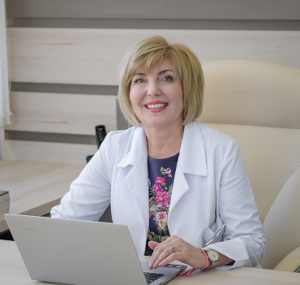The XIV National Conference on Rare Diseases and Orphan Drugs is aimed at specialists, resident physician and doctoral students in genetics, pediatrics, obstetrics and gynecology, internal medicine and many other specialists who are willing to share their experience or gain knowledge in the field of rare diseases and orphan drugs.
Chairman of the scientific committee – Prof. Dr. Rumen Stefanov, who is an internationally recognized expert on the problems of rare diseases and the author of a number of pilot projects for Eastern Europe in this field. He is a member of the board of member countries for monitoring and evaluation of European reference networks on rare diseases and of the Board of the International Society for Rare Diseases (ICORD).
30 established specialists will take part in the event, including two foreign lecturers and a total of 310 registered participants, including 70 medical specialists, 40 patients, 200 students, specialists and doctoral students. Over 60 abstracts were submitted and approved for participation in this year’s conference.
Do not miss the opportunity to watch our video and familiarize yourself with the scientific program.
One day left to register!

Today you have the opportunity to meet one of our lecturers – Prof. Elisaveta Naumova and a short interview with her:
1. Could you share the approximate number of people in Bulgaria affected by the rare disease that is the focus of your lecture? Is there a registry?
There are about 200 patients with PI in the national registry for rare diseases – primary immunodeficiency.
2. What are the specifics in the follow-up of patients with this rare disease?
Patients with PI are prone to infections, autoimmune and oncological diseases. This requires strict control of their condition every 6 months.
3. In your opinion, how can care for this rare disease be improved in our country?
For early diagnosis (before complications occur), timely and adequate therapy is necessary:
– Neonatal screening for T and B cell deficiencies.
– Obligatory preventive examination of immune competence at regular intervals.
– Access to biologic drugs to treat complications.
